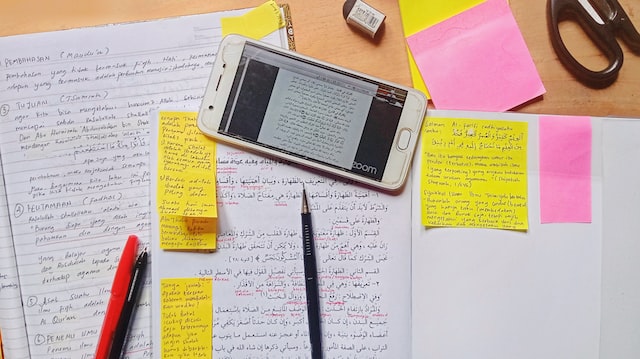What Happens In Your Brain When You Make A Memory?
We all have treasured memories, but not everyone knows where they come from or how they are created.
Many people like to compare the brain to a computer, but unfortunately, our brains don’t have USB slots to simply insert new information. Memories could be compared to a Santa’s sack that is filled with different events, songs, and jokes. However, in truth, "memory" is an umbrella term for various types of memories that are distinct and used differently by individuals.
One type of memory is known as short-term memory, which is similar to writing on a board that fades over time. People tend to use the phrase "short-term memory" when referring to things that recently happened within the last hour or so. However, technically, short-term memory only lasts between 15 and 30 seconds. In computer terms, short-term memory can be compared to the RAM as it holds information that we are currently using for cognitive tasks or thinking.
Long-term memory is another type of memory that matters to us as it is where memories that we want to hold are stored. Think of long-term memory as your computer’s hard drive that keeps everything from memories of successful scripts to Minesweeper scores. Unlike short-term memories, long-term memories have a physical presence in the brain and can be split into explicit and implicit memory.
Explicit memories are memories that we are consciously aware of and intentionally trying to remember. Episodic memory is memory for things and events that happened to us, while semantic memory is for general knowledge. Implicit memories include habits and skills that we can do automatically.
Memory encoding is a process that allows us to move information to long-term memories that are critical for our life journey. It is the first step towards forming long-term memories that won’t be easily forgotten. The hippocampus helps with this process by linking all the relevant information together and encoding it into a new memory by creating new synapses. However, not all information is equal in the eyes of the hippocampus, and important things are encoded more readily and effectively.
Consolidated memories reside in the hippocampus until they find a storage place. Over time, memories migrate to the cortex as they form new connections, and as a result, memories are stored throughout the brain. It’s like the internet, similar to how information spread across the planet and accessed via many connections.
Have you ever tried to remember something, only to realize that you can’t recall it? It’s like searching for a lost glove – you know it’s somewhere in your home, but you just can’t locate it. Retrieving forgotten memories can seem like an impossible feat, especially when it comes to long-term memories. But the truth is, these memories haven’t disappeared; you just need help accessing them.
The process of recall is both impressive and mysterious. The frontal cortex of our brain sends signals to these memories, reconstructing them from the available information. The more frequently we use these memories, the easier it becomes to access them. Revision and remembering are fundamental to the learning process, and there are methods to make this easier- like being in the presence of the original memory’s elements. As a result, if you learned something while in a swimming pool, you’re more likely to remember it again in a swimming pool later on.
However, there is such a thing as too many memories. Constantly updating memories can lead to interference, which can ultimately supplant existing memories. This interference can cause us to remember things differently or can even result in forgetting altogether.
This blog is the first of a new series that explores the psychology and neuroscience of learning. Join the conversation and share your ideas by emailing natalie.gil.casual@theguardian.com or using #useyourhead. Stay up-to-date with the latest news from Guardian Students by following us on Twitter (@GdnStudents) or signing up to receive our weekly newsletter.




0